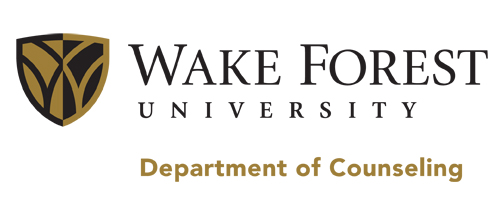Jonathan Adams Receives Richter Award for Summer Counseling Experience in India
Jonathan Adams, rising second year graduate student in Counseling, received a Richter Award for a summer counseling experience in India. He shares his amazing experience with us.
I volunteered for one month at Bangalore Baptist Hospital in Bangalore, India. My goal in going was to observe grief counseling and palliative care. I was really interested to see if counseling services were provided, and if so what kind of training, experience, and framework did the counselors use. I also was interested in what needs Indian people in Bangalore might have for counseling services and care, We talked some during our first year about doing international work so this was a unique opportunity to experience what this would be like in a culture very different from my own.
While at the hospital I spent time with the palliative care team, community health team, radiotherapy unit, and psychiatric department. The hospital has pastoral counselors and social workers on staff that work within the different departments, but no clinical mental health counselors. A psychologist works in the psychiatric department and I was surprised to find that she used many of the theories that I had studied over the course of the year with a special emphasis on CBT. In my week with the palliative care team we made many home visits to see patients, many of whom had some type of cancer. I was very impressed and learned much from the team doctor who would spent the first part of the visit focusing on the treatment and the rest of the time talking to the patient and family about their concerns. since, their is not a counselor who goes with the team, he and the other nurses have, in some ways, taken on this role. They build rapport with the patients, patiently listen to their concerns and fears, and provide support, comfort, and hope. I was also touched by the kindness of the families we visited. This was also true in the villages I went to with the community team. No matter how poor the family might have been they always offered us something to eat or drink. After one visit in a village a man climbed a coconut tree for us so that we could have some fresh coconut water to drink.
Many of the concerns that people had were not so different from things that might come up for patients or clients in the U.S. Dying patients expressed anger at God or in general for allowing this to happen to them. “Why me and I do not deserve this” were common questions. Depression and anxiety were the number one mental health concerns that the hospital treats. In some cases ill patients were worried about their spouses or children and wondered how they would be able to meet their needs without them and adult children also worried about their ill parents. Since many families are joined families in India the family system is integral to any treatment. It was common for multiple family members to come to the hospital or be present during visits. Most often, if the first son was married the daughter-in-law would be the primary caretaker unless the family was well off and could afford to hire help.
This experience affirmed so many of the things I had learned about working with people from other cultures. Yes there are differences in the ways the people communicate and in our customs and values, but there are far more similarities that make us all human. For these reasons I was able to connect with people who live very different lives from myself. I laughed with dying patients, had to hold back tears at times as others told us of their pain and suffering, and exchanged smiles upon meeting a patient for the first time. I found humor to be especially helpful in connecting with people even through a translator because many people I met did not speak English.
While I was not actually counseling people myself, I gained so much from this experience in the connections I was able to make just through talking to people during visits or while they waited for radiotherapy, and I deeply appreciated the doctors, social workers, and pastoral counselors who took extra time to hear people’s stories. While there is certainly a great need for psychologists and counselors in India there is also a great opportunity for people to make a difference. I was very fortunate to have the opportunity to pursue this experiential project, and am fortunate that I learned much about Indian culture and people. While I will never master eating with my hands I am grateful for all the people I had met during my trip!
Jonathan
Graduate School of Arts & Sciences Article on Jonathan’s Experience

